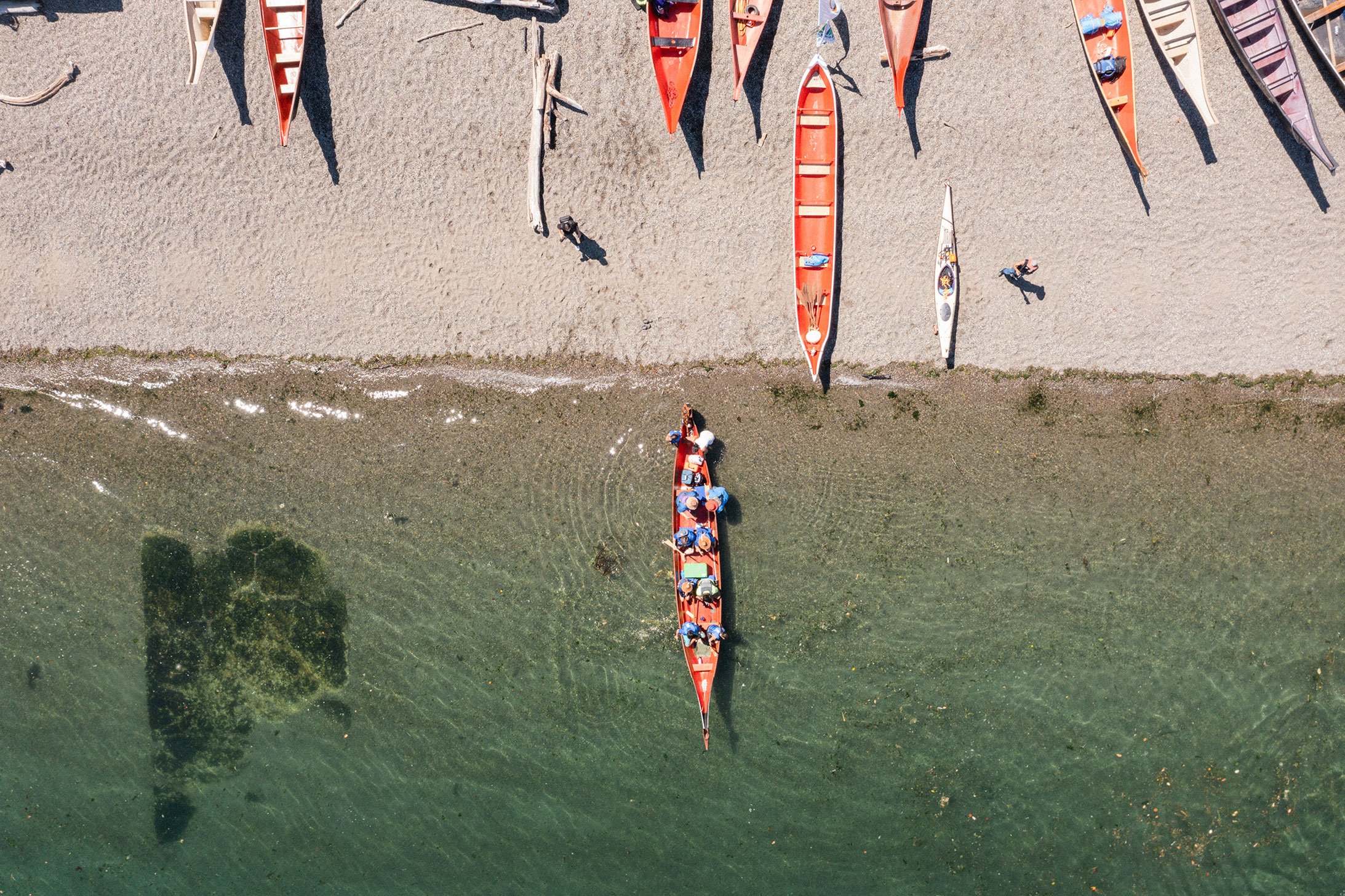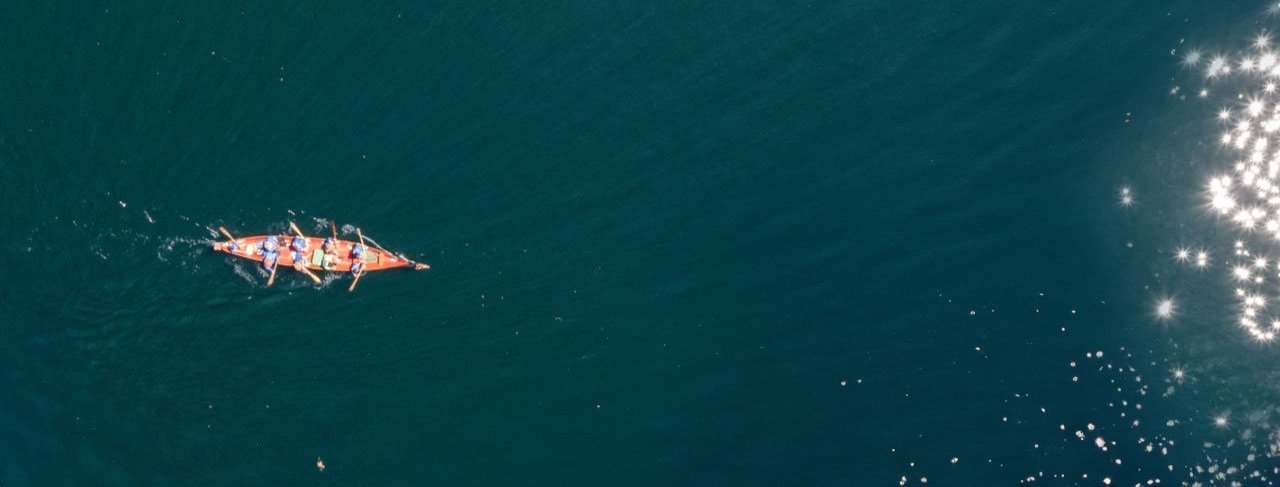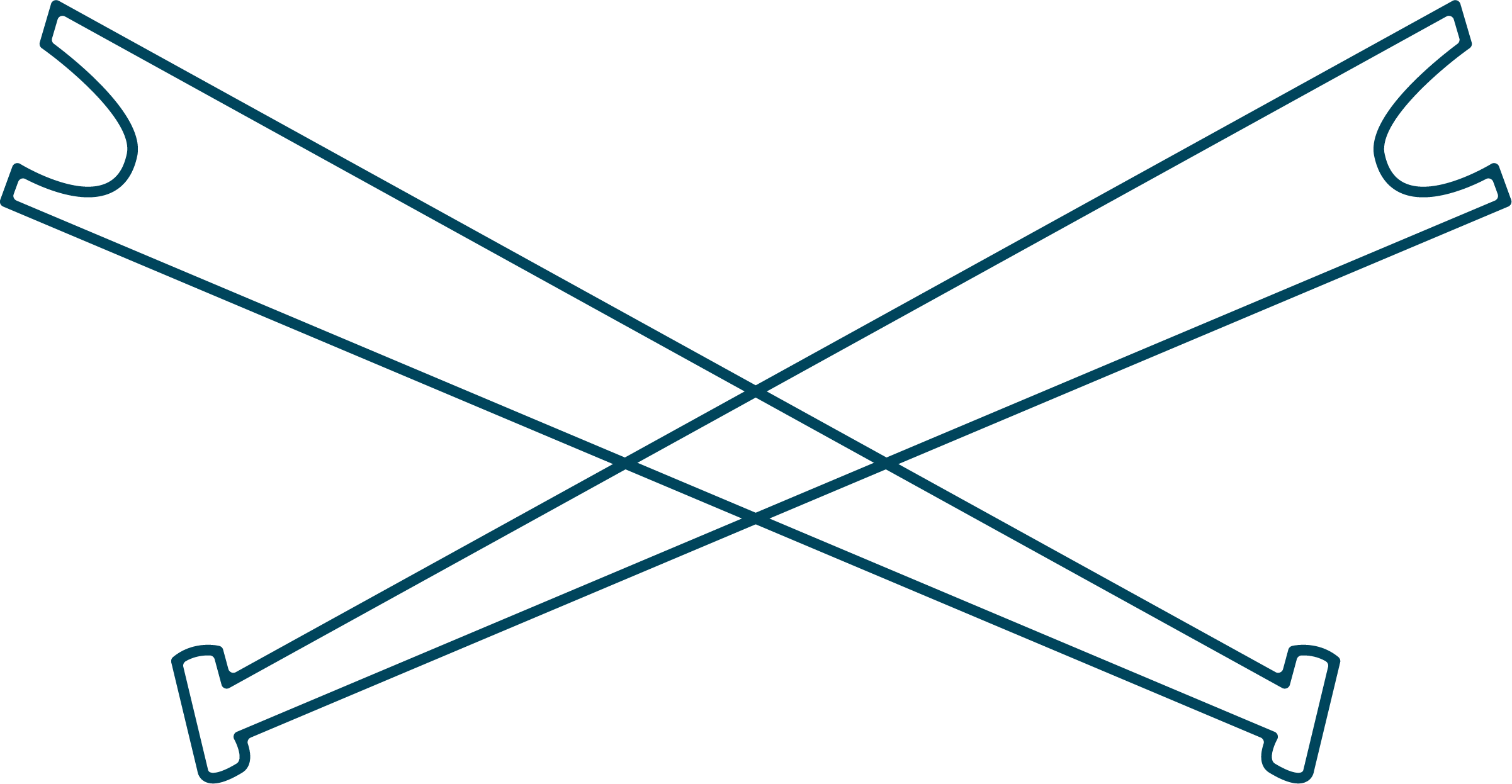
HOW WE
CAME TO BE
Portland All Nations Canoe Family came into existence in 2013 when Ojibwe Elders Larry Dauphinais and John LaVadure participated in building a traditional birch bark canoe at Evergreen College. The idea was brought back to the Native American Youth and Family Center in Northeast Portland. Through grassroots fundraising, they received sponsorship to build their first canoe, El Lobo, and were fiscally sponsored by NAYA for the first few years with the support of Native community Elders Donita Fry, Mary Renville, Jill Shepard Erickson, Ed and Carol Edmo, Frank and Rosa Alby, Elaine St. Martin, Laura Campos, Ronald True, and many others. In 2023, El Lobo was renamed Amaguq, meaning “Wolf” by Inupiat Elder Frank Alby.
The “Healing of the Canoe” curriculum, collaboratively developed by the Suquamish Tribe, the Port Gamble S’Klallam Tribe and the Alcohol and Drug Abuse Institute, University of Washington with programming for alcohol/drug and suicide prevention was incorporated from early on. Tribal Canoe Journey and Canoe Families are sober events and collectives.
Several of the original PANCF members have started a new canoe family and an Indigenous food garden on Sauvie Island. Now there are two canoe families in the Portland area that respectfully share space in the homelands and waterways of local tribes and serve the Native community.
Throughout the year PANCF holds community events to practice pulling, drumming, singing, and making regalia and gifts for traditional giveaways. Youth are cultural ambassadors who take part in outreach activities. In the process, intergenerational relationships are forged; cultural traditions, stories, and lessons are shared; and the importance of protecting the water is transmitted. Indigenous youth are supported in their sense of themselves and their place in community.


